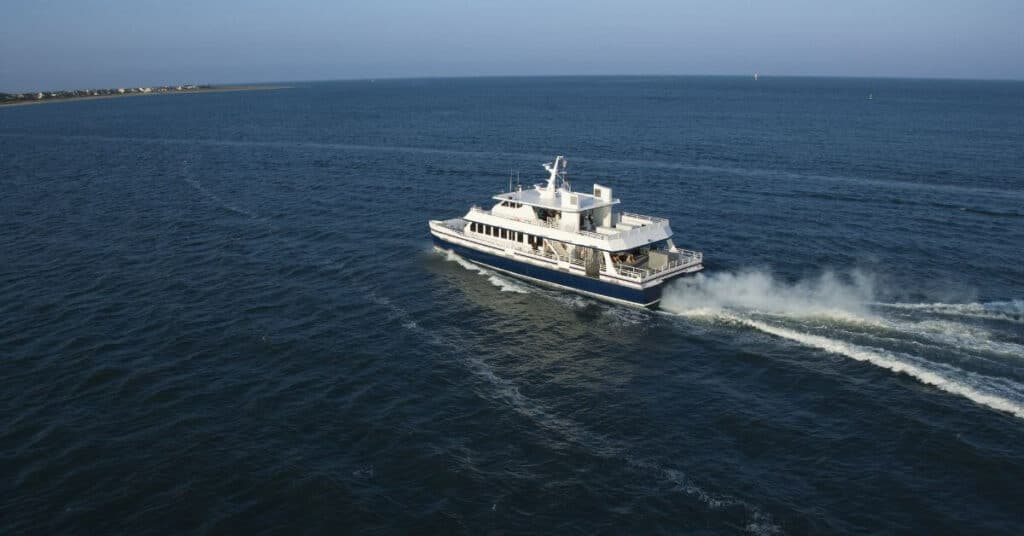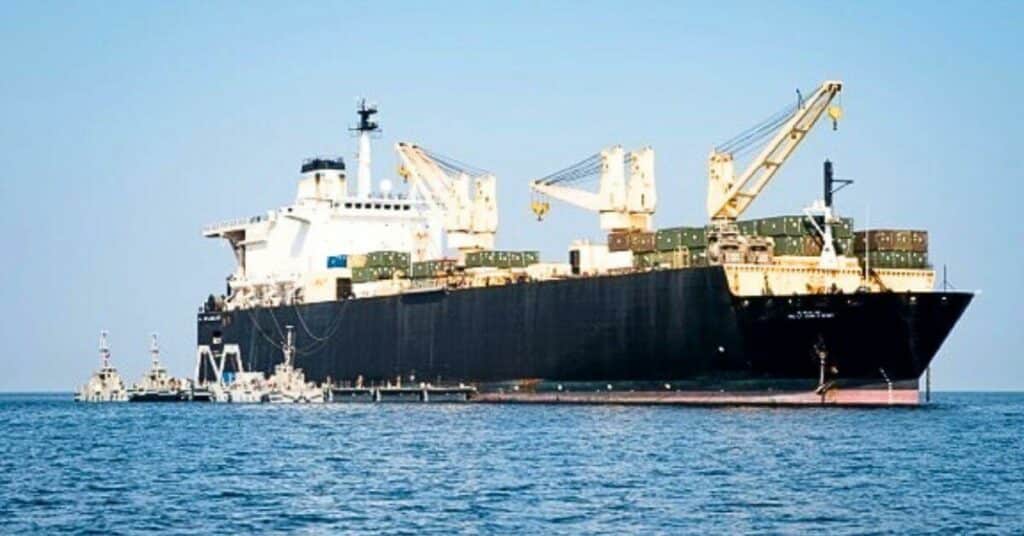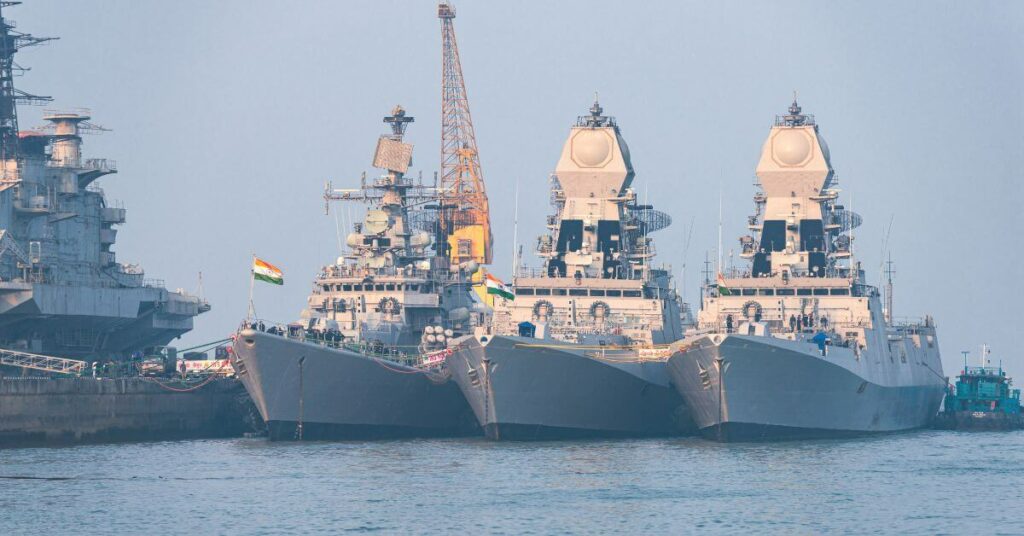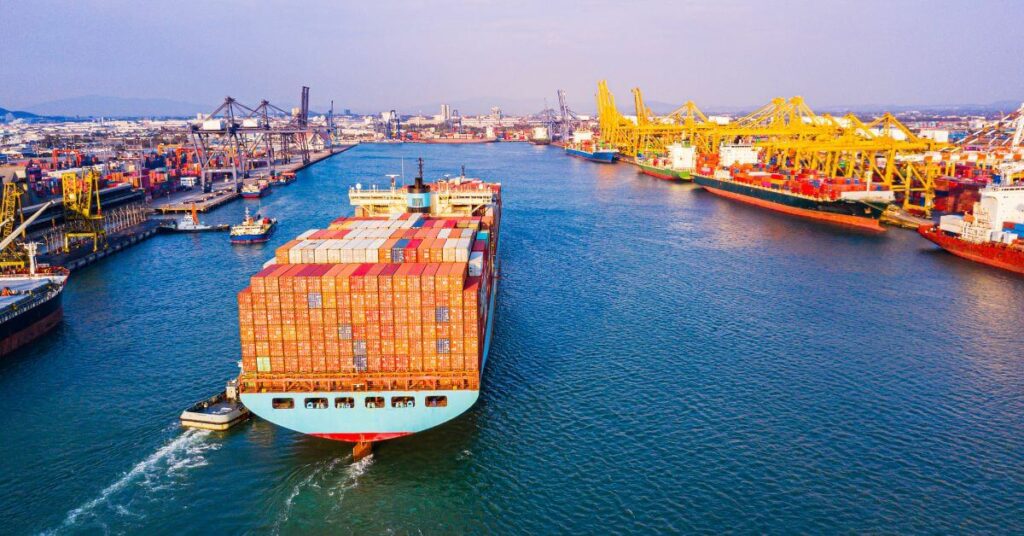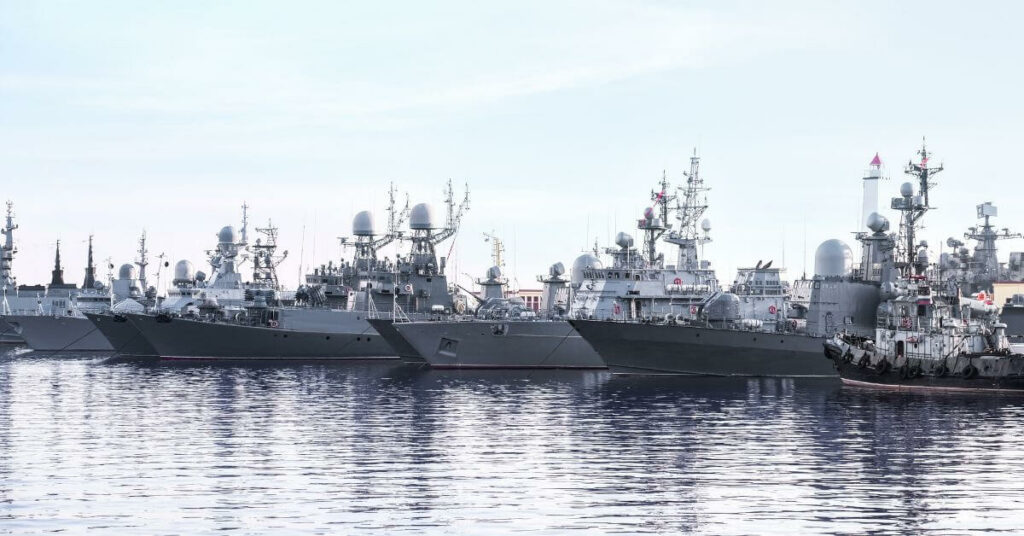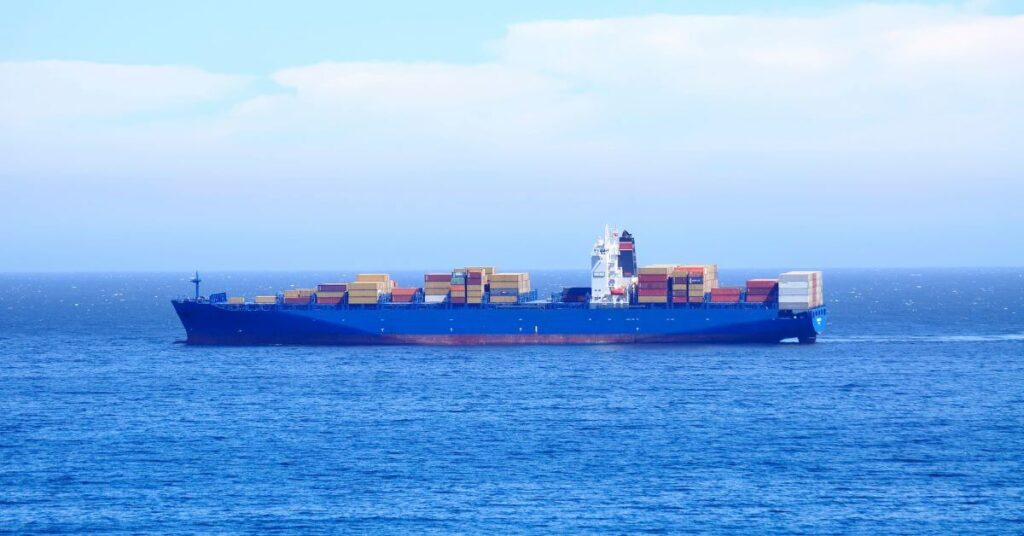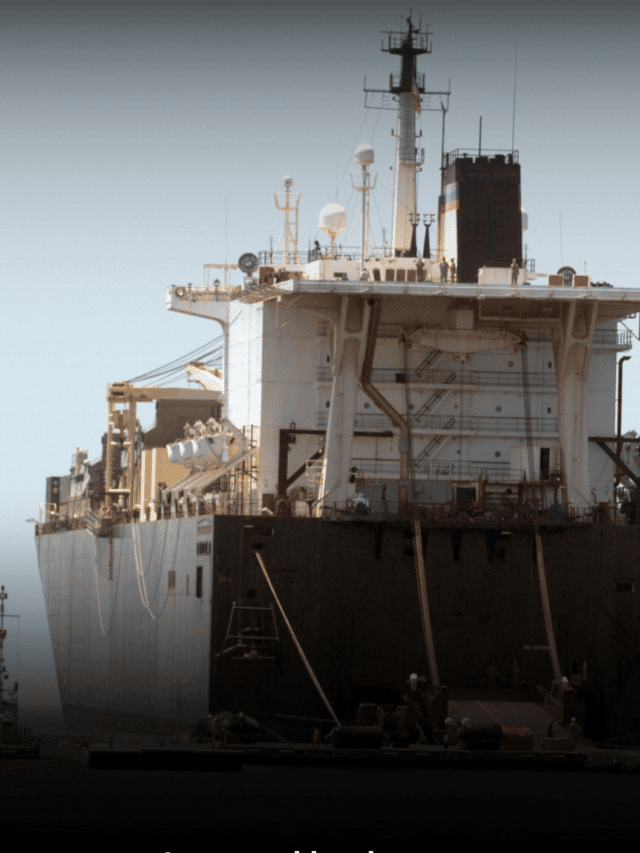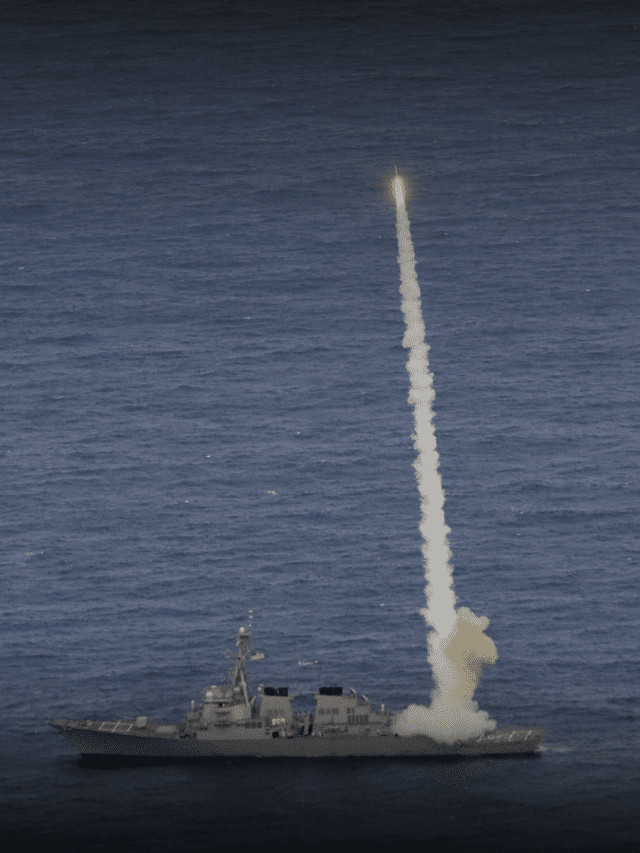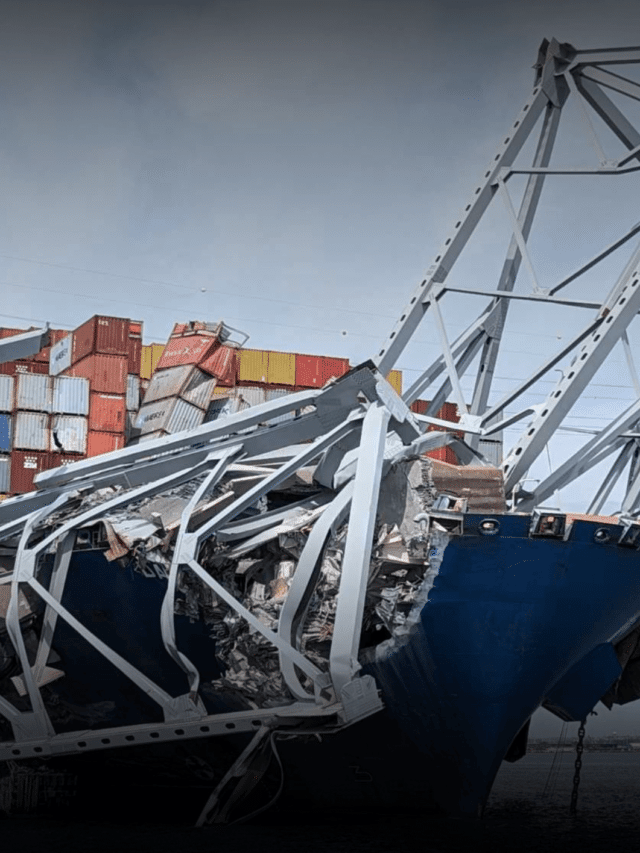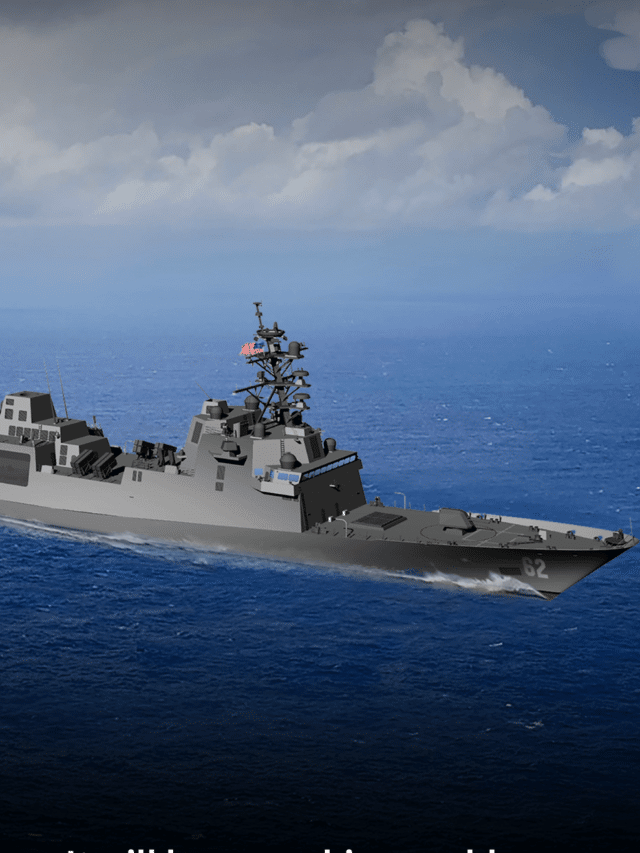True Cost Of Operating Oil-Lubricated Shaft Systems Revealed In Thordon Study
Thordon Bearings has published a study highlighting the commercial and environmental benefits of seawater-lubricated propeller shaft bearing arrangements, indicating that shipowners can make substantial operational savings by giving up the outdated oil lubricated shaft.
The study, the findings of which were presented for the first time during the SMM 2018 trade fair in Hamburg, Germany, was carried out in response to the increase in oil and oil-based Environmentally Acceptable Lubricant (EAL) lubricated sterntube bearing failures, which are placing an additional and unnecessary financial burden on shipowners.
Despite the introduction of legislation to reduce shipping’s impact on the oceans, together with shipowners’ ever-present need to reduce operational costs, the majority of commercial ocean-going vessels continue to use a system that is increasing risk and is costly to operate.
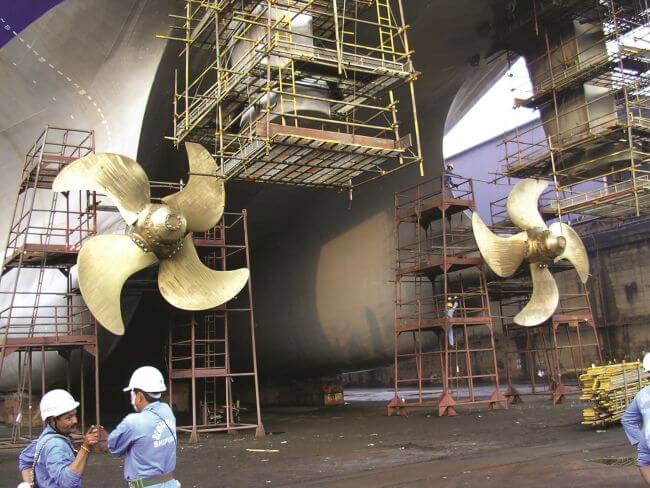
“It is quite staggering that over 95% of all new commercial ships continue to be built with oil lubricated propeller shafts – a system that is not only operationally expensive but environmentally questionable,” said Craig Carter, Thordon Bearing’s Director of Marketing and Customer Service.
“Our Future, Our Ocean paper presents the case for water lubrication to shipowners and shipbuilders as a commercially and technically viable way of increasing profits while achieving corporate sustainability goals.”
The 14-page document explains that while the low capital expenditure of an oil-lubricated system is an obvious attraction, any financial advantage is completely lost once the vessel enters the water. This, cites Thordon Bearings, is due to the costs associated with purchasing lubricating oils, the regular maintenance and unscheduled drydockings required to repair or replace faulty shaft seals.
While emergency seal repairs alone can cost anywhere from US$150,000 to US$300,000, excluding drydock costs, the paper furthers that the constant topping up of an oil-lubricated system, combined with the regularity of aft seal failure, can cost shipowners in excess of US$6.5 billion over a twenty-five-year period.
The paper reveals that for a typical single screw bulk carrier turning a 650mm shaft, the total cost of operating an oil-lubricated system over 25 years (including capital investment) is US$605,925 against $370,000 for a seawater-lubricated arrangement.
Although part of the cost of operating an oil-lubricated system is dependent on oil price fluctuations and does not take into account the use of more expensive EALs, the use of seawater as the lubricating medium is obviously free of cost.
“While the environmental impact of oil leaking from sterntubes has been well documented, the commercial impact on the shipowners bottom line has not been addressed. This study intends to raise awareness of the commercial disadvantages from the continued use of oil lubricated propeller shaft bearing systems, while offering a more cost-effective and more environmentally acceptable solution,” said Carter.
Press Release: Thordon Bearings
Disclaimer :
The information contained in this website is for general information purposes only. While we endeavour to keep the information up to date and correct, we make no representations or warranties of any kind, express or implied, about the completeness, accuracy, reliability, suitability or availability with respect to the website or the information, products, services, or related graphics contained on the website for any purpose. Any reliance you place on such information is therefore strictly at your own risk.
In no event will we be liable for any loss or damage including without limitation, indirect or consequential loss or damage, or any loss or damage whatsoever arising from loss of data or profits arising out of, or in connection with, the use of this website.
Disclaimer :
The information contained in this website is for general information purposes only. While we endeavour to keep the information up to date and correct, we make no representations or warranties of any kind, express or implied, about the completeness, accuracy, reliability, suitability or availability with respect to the website or the information, products, services, or related graphics contained on the website for any purpose. Any reliance you place on such information is therefore strictly at your own risk.
Do you have info to share with us ? Suggest a correction
About Author
Marine Insight News Network is a premier source for up-to-date, comprehensive, and insightful coverage of the maritime industry. Dedicated to offering the latest news, trends, and analyses in shipping, marine technology, regulations, and global maritime affairs, Marine Insight News Network prides itself on delivering accurate, engaging, and relevant information.

About Author
Marine Insight News Network is a premier source for up-to-date, comprehensive, and insightful coverage of the maritime industry. Dedicated to offering the latest news, trends, and analyses in shipping, marine technology, regulations, and global maritime affairs, Marine Insight News Network prides itself on delivering accurate, engaging, and relevant information.
Latest Shipping News Articles You Would Like:
Subscribe To Our Newsletters
By subscribing, you agree to our Privacy Policy and may receive occasional deal communications; you can unsubscribe anytime.
Web Stories




